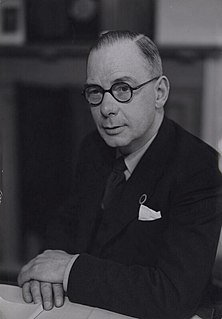A Quote by Georg C. Lichtenberg
The human tendency to regard little things as important has produced very many great things.
Related Quotes
The prevailing tendency to regard all the marked distinctions of human character as innate, and in the main indelible, and to ignore the irresistible proofs that by far the greater part of those differences, whether between individuals, races, or sexes are such as not only might but naturally would be produced by differences in circumstances, is one of the chief hinderances to the rational treatment of great social questions, and one of the greatest stumbling blocks to human improvement.
Taking LSD was a profound experience, one of the most important things in my life. LSD shows you that there’s? another side to the coin, and you can’t remember it when it wears off, but you know it. It reinforced my sense of what was important—creating great things instead of making money, putting things back into the stream of history and of human consciousness as much as I could.
I suppose we think euphemistically that all writers write because they have something to say that is truthful and honest and pointed and important. And I suppose I subscribe to that, too. But God knows when I look back over thirty years of professional writing, I'm hard-pressed to come up with anything that's important. Some things are literate, some things are interesting, some things are classy, but very damn little is important.
Human experience, which is constantly contradicting theory, is the great test of truth. A system, built upon the discoveries of a great many minds, is always of more strength, than what is produced by the mere workings of any one mind, which, of itself, can do very little. There is not so poor a book in the world that would not be a prodigious effort were it wrought out entirely by a single mind, without the aid of prior investigators.
Do nondoing, strive for nonstriving, savor the flavorless, regard the small as important, make much of little, repay enmity with virtue; plan for difficulty when it is still easy, do the great while it is still small. The most difficult things in the world must be done while they are easy; the greatest things in the world must be done while they are small.
We cannot judge fully of men's works by what we see, or what is said and thought of them; for man is prone to depreciate that which is really important, and to exact and extol what is trivial and of little worth. Many things which are hidden and unrecognized of human wisdom are nevertheless valuable and vitally important.




































